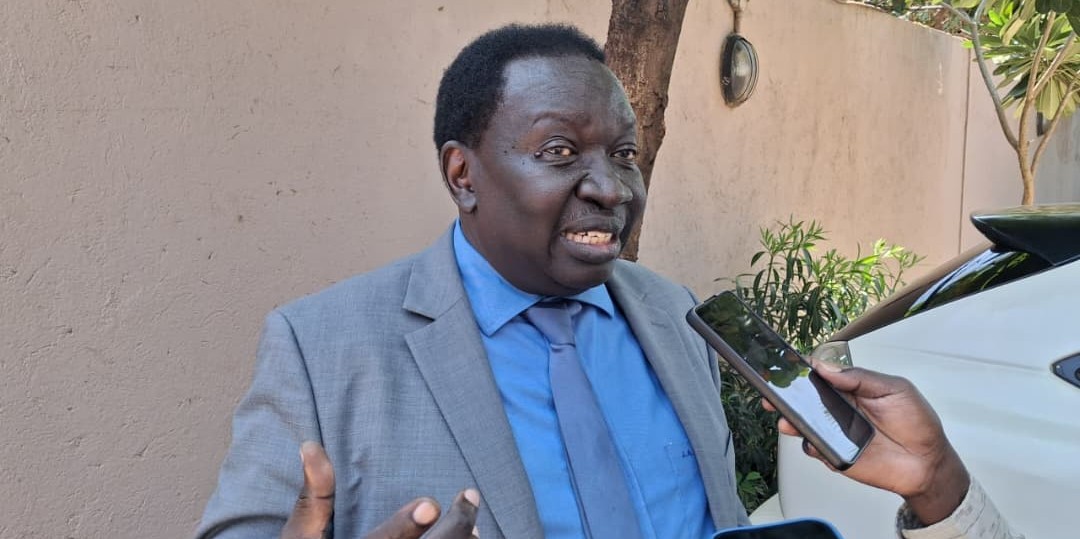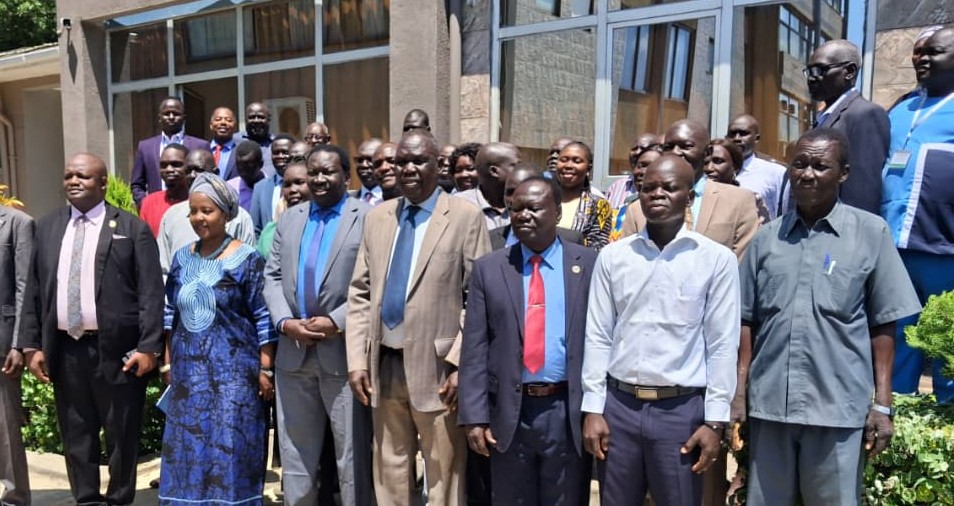
South Sudan has launched a stakeholder consultation on its National Carbon Market Framework, signaling a strategic move to tap into global climate finance while protecting communities and natural resources.
The initiative, announced at a workshop in Juba by Joseph Africano Bartel, Undersecretary at the Ministry of Environment and Forestry, aims to prevent exploitative carbon trading deals and ensure local communities directly benefit.
“Without clear guidelines, South Sudan risks losing out while outsiders’ profit,” he warned.
Batali stressed that carbon credits are not a physical commodity.
“Carbon is generated through conservation efforts, protecting forests, wetlands, and peatlands. This is how we create value for both the environment and communities,” he said.
Although South Sudan’s emissions are minimal, its natural landscapes hold enormous potential for carbon sequestration.
Revenue from carbon credits, Bartel explained, will fund local conservation and adaptation projects rather than government coffers.
Initiatives such as fuel-efficient stoves, which reduce deforestation and generate carbon credits, will directly benefit households.
“A fuel-efficient stove can save one ton of carbon annually—earning credits for the families using it,” Bartel noted.
The Ministry highlighted new climate finance tools, including debt-for-nature swaps and green bonds, which can channel private sector funds into sustainable development projects while safeguarding natural resources.
South Sudan faces rising climate risks, including flooding, heatwaves, and erratic rainfall.
Batali urged local leaders to raise awareness about carbon markets and the importance of fair participation, ensuring communities understand and benefit from emerging opportunities.
Sheila Ngatia, UNDP South Sudan Deputy Country Resident Representative, pledged continued technical and policy support.
“A well-managed carbon market can unlock financing for resilience-building and sustainable development, provided it is transparent and accountable,” Ngatia said.
The draft National Carbon Market Framework will now undergo state-level consultations before validation by the Council of Ministers and Parliament.
With strong government commitment and UNDP backing, South Sudan aims to establish itself as a responsible player in the global carbon market, promoting green growth while protecting both communities and the environment.


